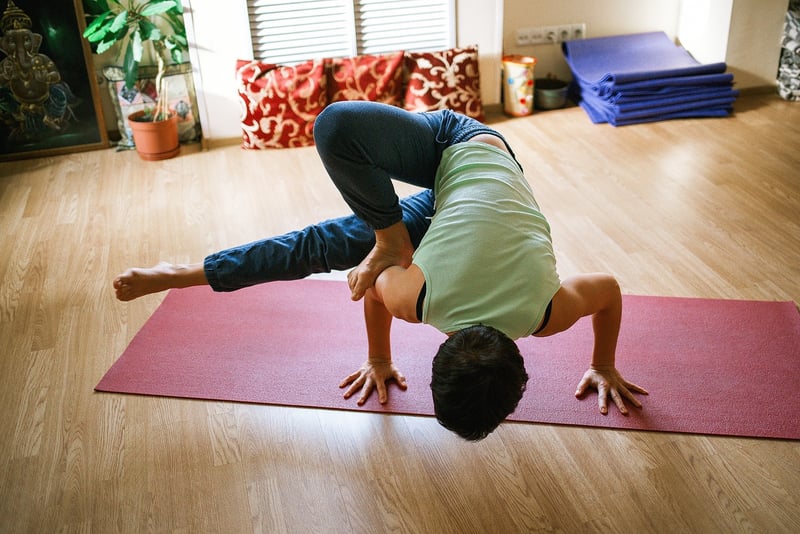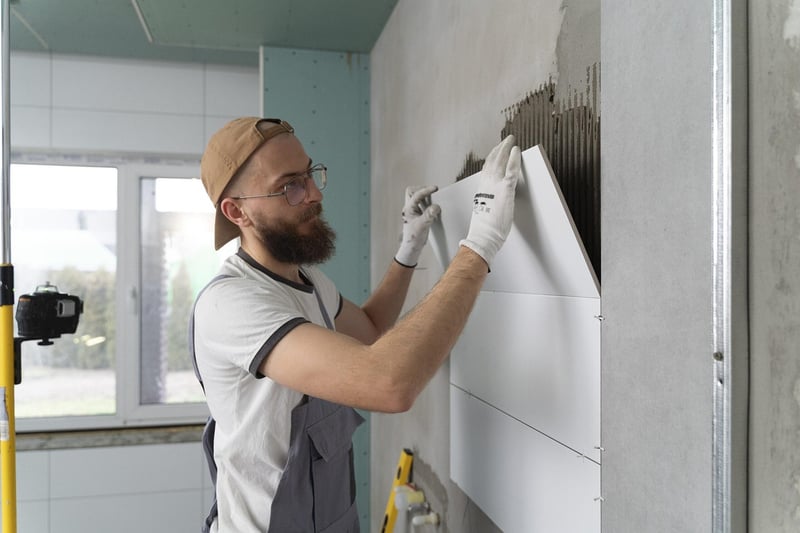Restorative
The Importance of Physical and Mental Balance for Restorative Well-being
Striking a harmonious balance between physical and mental well-being is essential for achieving a state of restorative health. In today's fast-paced world, where stress and anxiety are prevalent, it's more crucial than ever to prioritize self-care practices that promote overall wellness.
Physical Well-being
Physical well-being encompasses aspects such as nutrition, exercise, and adequate rest. A balanced diet rich in nutrients is the foundation for good health. Incorporating a variety of fruits, vegetables, lean proteins, and whole grains into your meals can provide the necessary fuel for your body to function optimally.
Regular exercise is another key component of physical well-being. Whether it's going for a brisk walk, practicing yoga, or hitting the gym, staying active helps improve cardiovascular health, maintain weight, and boost overall mood through the release of endorphins.
Equally important is getting sufficient rest and sleep. Quality sleep plays a vital role in the body's ability to repair and rejuvenate itself. Aim for 7-9 hours of sleep per night to support cognitive function, mood regulation, and overall well-being.
Mental Well-being
Mental well-being is just as crucial as physical health. Managing stress, practicing mindfulness, and fostering positive relationships are key components of mental balance. Chronic stress can have detrimental effects on both the body and mind, so finding healthy ways to cope with stress is paramount.
Mindfulness practices, such as meditation and deep breathing exercises, can help calm the mind and reduce anxiety. Taking time for self-reflection and engaging in activities that bring joy and fulfillment are also essential for mental well-being.
Restorative Practices
When it comes to restorative well-being, integrating practices that address both physical and mental aspects is key. Activities like yoga, tai chi, and qigong combine movement with mindfulness, promoting a sense of balance and harmony.
Spending time in nature, practicing gratitude, and engaging in creative pursuits can also contribute to restorative well-being. These activities help reduce stress, enhance mood, and foster a sense of connection with oneself and the world around us.
Conclusion
By prioritizing physical and mental balance through healthy lifestyle choices and restorative practices, you can enhance your overall well-being and quality of life. Remember to listen to your body, nurture your mind, and make self-care a priority in your daily routine.

Take the time to invest in yourself and embrace a holistic approach to wellness that encompasses both physical and mental aspects. Your body and mind will thank you for it!
